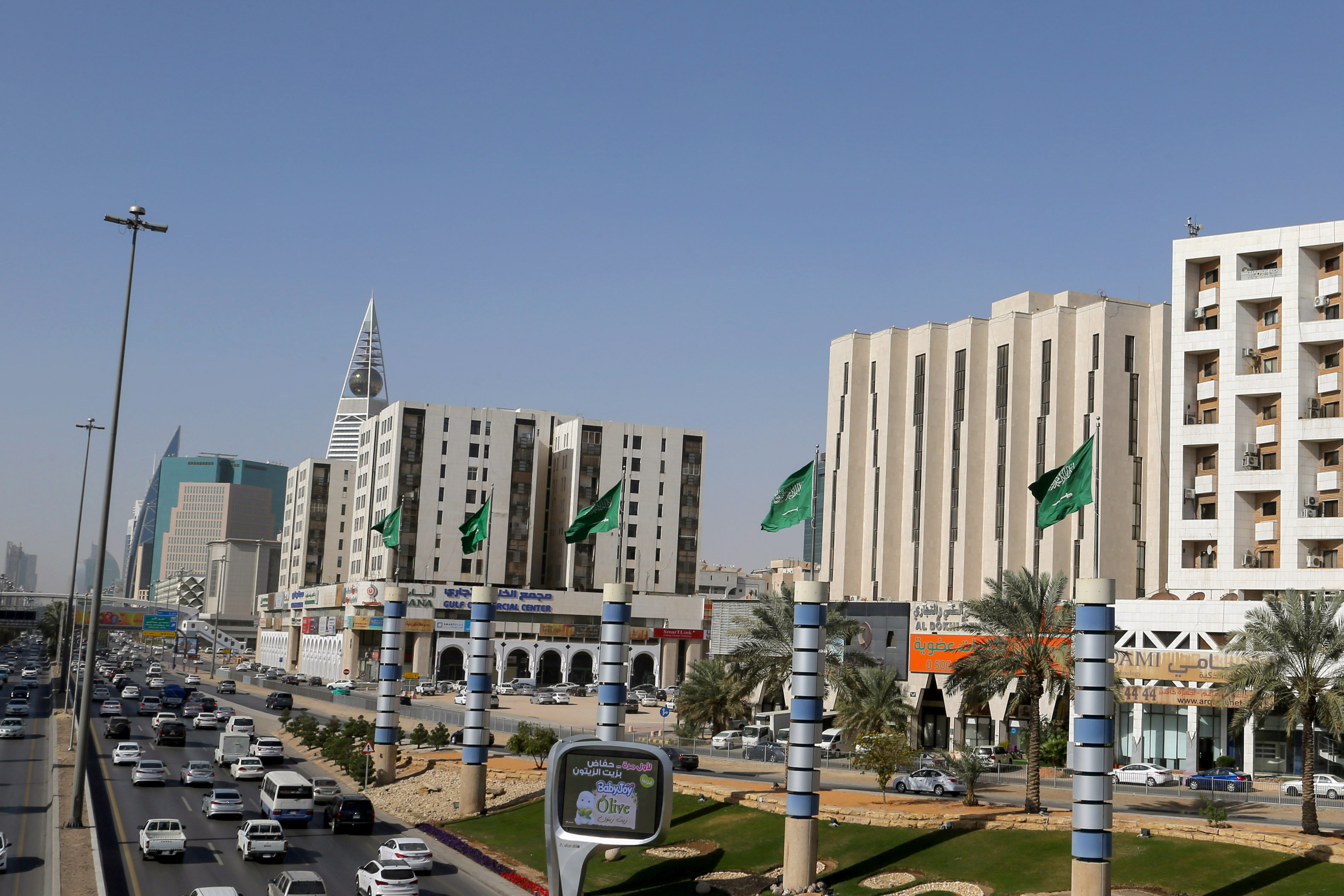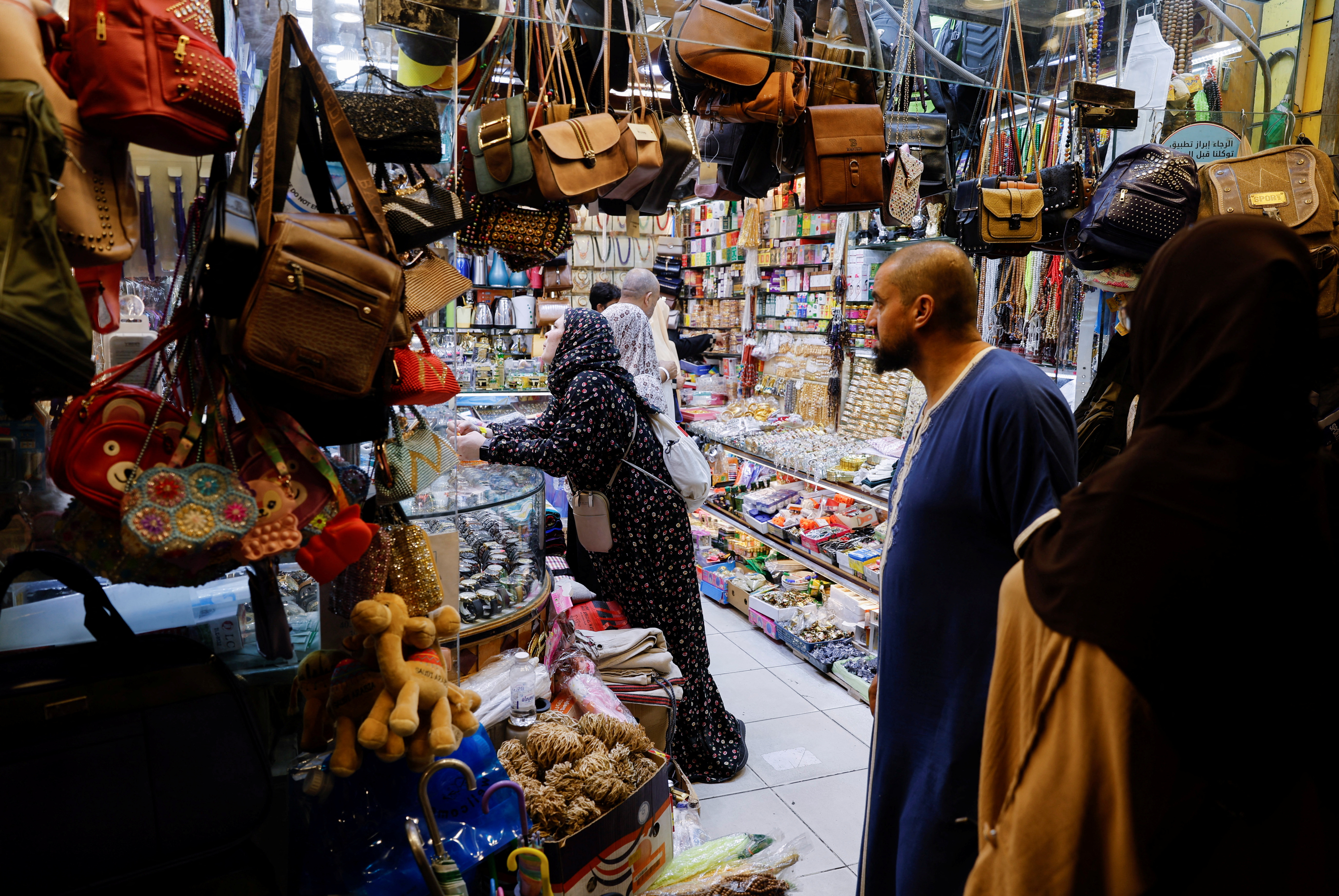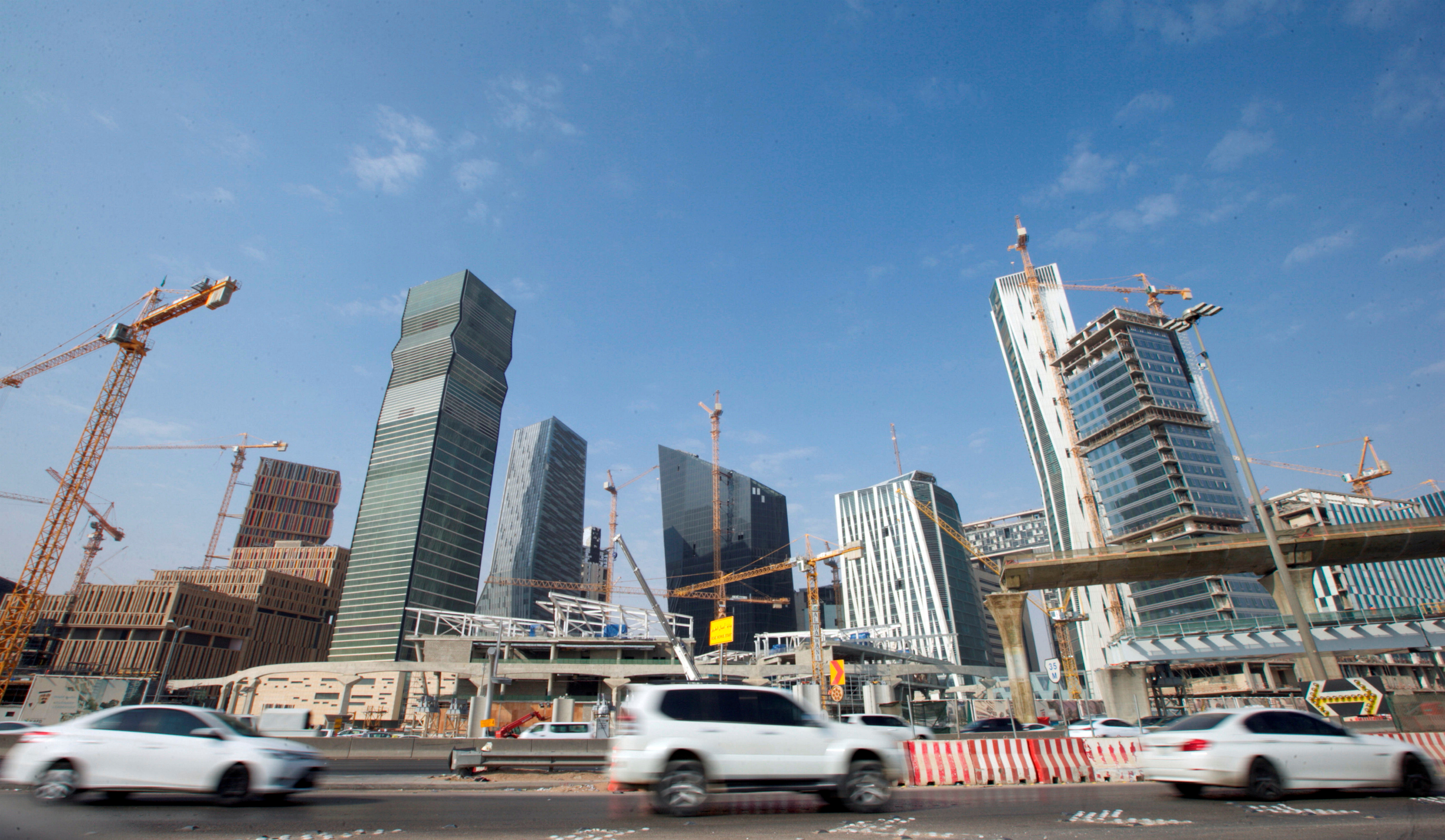
Grain was flowing out of Ukraine at a record pace on Monday under an initiative led by the United Nations aimed at easing global food shortages despite Russia's decision to suspend its participation in the scheme.
Russia said on Saturday it was pulling out of the deal, which ensured safe passage of grain exports from three Ukrainian ports, after what it said was a major Ukrainian drone attack on its fleet in Crimea.
Other participants were pressing ahead with the deal despite Russia's withdrawal while France said it was working to boost Ukraine grain exports via land routes in conjunction with other European Union states.
Ukraine is one of the world's largest grain exporters and the conflict with Russia led to the closure of its seaports in February, driving up food prices and contributing to a steep rise in acute hunger across the globe.
The deal, signed on July 22, has helped ease the crisis with more than 9.5 million tonnes of corn, wheat, sunflower products, barley, rapeseed and soy exported under the pact.
A record volume of 354,500 tonnes of agricultural products was carried on vessels leaving Ukrainian ports on Monday as part of the Black Sea grain deal, a spokesperson for Odesa's military administration said.
"Civilian cargo ships can never be a military target or held hostage. The food must flow," tweeted Amir Abdullah, the U.N. official who coordinates the programme.
Turkey, which helped broker the deal, remained committed to the deal which involves the inspection of cargoes at a Joint Coordination Centre in Istanbul.
"Even if Russia behaves hesitantly because it didn't receive the same benefits, we will continue decisively our efforts to serve humanity," President Tayyip Erdogan said in a speech.
Russia said on Monday it would be risky for Ukraine to continue exporting.
"In conditions when Russia is talking about the impossibility of guaranteeing the safety of shipping in these areas, such a deal is hardly feasible, and it takes on a different character - much more risky, dangerous and unguaranteed," Kremlin spokesman Dmitry Peskov told reporters.
WHEAT PRICES CLIMB
Wheat prices rose on Monday, climbing around 6% to $8.78 a bushel in Chicago, but remained far below a peak of $13.63-1/2 set in early March shortly after the conflict began.
The strong pace of wheat exports from Russia, which harvested a record crop this summer, has helped to bolster supplies on the world market.
Consultancy Sovecon on Monday estimated that Russia would export 4.5 million tonnes of wheat in October, up from 2.8 million in the same month last year.
Corn prices rose more than 2% to $6.96 a bushel in Chicago on Monday while soybean oil rose about 1.6% to 72.96 cents per lb.
Ukraine is a major exporter of corn and there were concerns that shipments to the European Union could be disrupted.
"As far as Europe is concerned, corn is a bigger issue than wheat as we are getting into peak season for Ukrainian corn in November," said one grain trader said.
Analysts warned that although global agricultural commodity prices have come off record highs in recent months, local retail food prices remain high and could now face further upside.
"Typically, it takes about two months for higher grain prices to filter through the supply chain and impact consumers at the retail level," said a Sydney-based analyst.
"But food processors do not have much forward coverage, so it is likely to be a lot quicker."(Reuters)





 https://www.reuters.com/resizer/ikkXtNZDKJtXpABbhNHF6C1he2I=/960x0/filters:quality(80)/cloudfront-us-east-2.images.arcpublishing.com/reuters/CAIPH2E4SJJIZJURYOFEEVU76Q.jpg 960w,
https://www.reuters.com/resizer/ikkXtNZDKJtXpABbhNHF6C1he2I=/960x0/filters:quality(80)/cloudfront-us-east-2.images.arcpublishing.com/reuters/CAIPH2E4SJJIZJURYOFEEVU76Q.jpg 960w, https://www.reuters.com/resizer/q2BRk8AokeQ178-rAormcP6-SFI=/960x0/filters:quality(80)/cloudfront-us-east-2.images.arcpublishing.com/reuters/QUDWUBFVOJMFZBHOAR3MGD4E7A.jpg 960w,
https://www.reuters.com/resizer/q2BRk8AokeQ178-rAormcP6-SFI=/960x0/filters:quality(80)/cloudfront-us-east-2.images.arcpublishing.com/reuters/QUDWUBFVOJMFZBHOAR3MGD4E7A.jpg 960w, https://www.reuters.com/resizer/nUI4vr8LPk0xJ7ZD_xooFGtEVBk=/960x0/filters:quality(80)/cloudfront-us-east-2.images.arcpublishing.com/reuters/SC3L5IQJS5ILRJ7BUCZLBU3FSY.jpg 960w,
https://www.reuters.com/resizer/nUI4vr8LPk0xJ7ZD_xooFGtEVBk=/960x0/filters:quality(80)/cloudfront-us-east-2.images.arcpublishing.com/reuters/SC3L5IQJS5ILRJ7BUCZLBU3FSY.jpg 960w,
